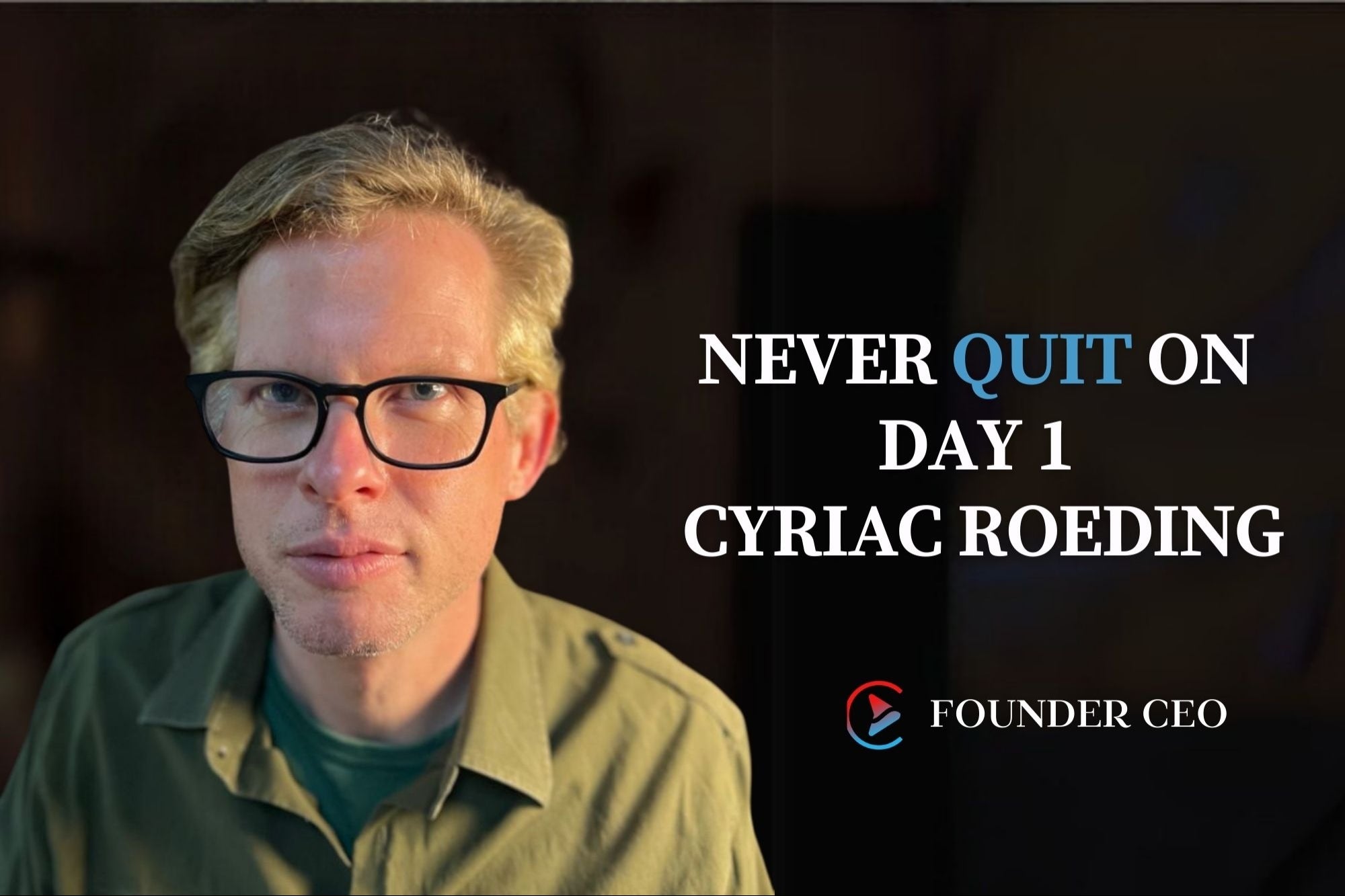Preparing to Sell Your Business 10 steps to take now--even if you're years away from selling your business
Q: I'm reaching retirement age and will likely be selling my business within the next five years. What are some of the things I can do to prepare my business for sale?
A: The completion of a sale can take over a year, so keep that in mind as you plan your exit strategy. Here are several basic steps you should take to ensure that your business is ready:
1. Get a business valuation. One of the first things you should do is obtain a realistic idea of what your business is worth from an objective, outside source. A professional valuation will give you a basis for gauging buyer offers and will give you an idea of what you can expect to net from the sale. It will also tell you your business's market position, financial situation, strengths and weaknesses (which you can hopefully correct prior to putting it on the market).
Valuations can be obtained from a number of sources, ranging from local accounting firms to regional business brokers and investment banking firms. As a rule, you should make sure the company performing your valuation has access to the most current national data regarding privately held transactions in your industry. Experience in selling firms of your type is obviously helpful as well.
2. Get your books in order. Buyers evaluating your business generally require at least three years' worth of financial information. The more formal your statements (accountant-reviewed or -prepared vs. internally generated statements), the better the impression you'll make-and the easier the due diligence for a buyer. Tax returns may suffice.
3. Understand the true profitability of your business. Most privately held businesses claim a variety of nonoperational expenses. Make sure you have supporting documentation for these expenses. For example, your business may be paying for your personal automobile lease.
In addition, there may be infrequent expenses you have incurred during the past three years that should be excluded in a buyer's analysis of recurring cash flow. There may be moving expenses if you've moved to a larger facility or unusual legal expenses.
4. Consult your financial advisor. It's wise to speak to your tax advisor for help planning your financial future. Understanding your personal and corporate tax situation may also help you recognize your options with regard to deal structure.
5. Make a good first impression. Will a buyer visiting your shop for the first time see order or chaos? Buyers look for companies that show well, as an orderly shop is often indicative of an orderly management team and back-room operations.
6. Organize your legal paperwork. Review your incorporation papers, permits, licensing agreements, leases, customer and vendor contracts, etc. Make sure you have them readily available, current and in order.
7. Consider management succession. If you're absolutely vital to your business, who will a buyer be able to turn to for help running the business after you leave? You should have a succession plan in place before going to market.
8. Know your reason for selling. Buyers are always curious as to why a seller wants to exit a business. (If it's so great, why are you leaving?) Be prepared to articulate your reasons.
9. Get your advisory team in place. Start interviewing attorneys and accountants who are proficient in mergers and acquisitions. Strongly consider hiring an intermediary, either a business broker or an investment banker, to represent you and help you through the selling process.
10. Keep your eye on the ball. Don't let your business performance decline because you're too focused on the sale of your business. This will only give buyers additional negotiating power to lower their offers.









